There’s been much debate recently about whether Westminster politicians have lost interest in the railways.
The reallocation of some of the HS2 funding towards roads, in the Network North document, provided further evidence to fuel the debate.
One of the problems is that politicians have found it difficult to effect change in the timescales they want, in terms of major projects, workforce reform and issues such
as simplifying tickets and fares.
Some feel that the current generation of politicians (of all parties) are unwilling to sign up to a long-term plan - like those of other European countries, or even London.
North of the border, the Scottish Government has long-term plans for electrification - and the provision of modern rolling stock to cater for growth.
In Wales, the strategy is about multi-modal and shifting motorists to public transport with highly effective investments, particularly in the valleys.
But following the announcement at last October’s Conservative Party conference of the scrapping of the HS2 route to Manchester, there now seems to be a distinct lack of any kind of long-term strategy for the railways in England.
Two years ago, many applauded the publication of the Integrated Rail Plan (IRP), billed by ministers as the “largest and most ambitious government programme of investment ever in the railways”.
It outlined a £96 billion strategy of rail construction and upgrades for the Midlands and the North.
It also brought with it a long term 30-year plan for the railways, something that many had been calling for.
“After decades of underinvestment,” the document stated, the schemes contained in the IRP would “overhaul and modernise rail connections across both regions, and help honour this government’s most important pledge: to level up our country”.
At the time, then-Transport Secretary Grant Shapps said: “The Integrated Rail Plan for the North and Midlands marks a new beginning for the railway network from London to Newcastle, and from Birmingham to Leeds, as we Build Back Better from the pandemic.”
But where is that pledge now?
Levelling up seems to be a phrase that politicians and others don’t seem to be talking about as much as they used to.
Jason Prince, chief executive of the Urban Transport Group, which lobbies on behalf of city regions, suggests that devolution represents a glimmer of hope.
“Why do I say that? I think when you look at some of our member transport authorities, you could argue that devolution is bringing a clarity which may not be there at a national level.
“Notwithstanding that, everyone is conscious that we are in a particularly political environment.
"And all people really want, whether you’re an investor, a private transport operator or a Local Transport Authority, is clarity about what is coming over the hill and the operating environment they will work in.
I don’t think that’s there at the moment.”
There’s already talk of a third round of CRSTS capital funding - clarity that the Urban Transport Group already welcomes.
However, Prince adds: “Revenue funding for bus (services) virtually stops overnight in March 2025. So, it feels like we’re trying to move forward with one hand tied behind our backs.
"And that’s the difficulty with the environment we’re trying to operate in.
“What would be helpful, over the next year, would be greater clarity over what we want, with an overarching transport strategy which is about connecting our urban areas as well as supporting devolution within them, and what the wider funding mechanisms are to make that happen.”
Jim Steer, Director at the High Speed Rail lobby group Greengauge 21, says: “The Integrated Rail Plan was a strategy, and it was a plan that you could implement.
"It didn’t claim to have all the answers.
"It said there needed to be further studies on some schemes.
“It was just the kind of thing you would expect in a large-scale joined-up strategy, and Network North is the exact opposite of that.
"It represents a Smörgåsbord of things you can pick out.
"Some of the schemes have been pre-announced. Some are good, but others are at the barmy end of things. It’s an attack on rail as well as HS2.”
Shifting money from a high-speed link to Manchester, and spending it filling in potholes in Surrey, doesn’t sound like a long-term strategic plan for anything - least of all the railways.
Even though money is still being earmarked for the railways, some are concerned about a recent lack of consultation.
Network North does appear to earmark more money to roads than rail.
Speaking at a Transport Select Committee hearing last November, Transport Secretary Mark Harper indicated that of the £36bn saved by scrapping HS2 to Manchester, 30% would be spent on alternative rail projects, which means that 70% of the cash will go on roads - a clear indication (if one was needed) that a seismic shift is now taking place in transport funding.
And if some of that 70% of new money is being spent on potholes, that clearly means another major shift - away from capital spending on new infrastructure and into maintenance spending on the roads instead.
Shifting money from a high-speed link to Manchester and spending it filling in potholes doesn’t sound like a long-term strategic plan for anything, least of all the railways.
The Department for Transport maintains that it’s still committed to improving rail travel across all parts of the country.
In a statement, a spokesman said: “Aside from Phase 2 of HS2, every single rail project outlined in the Integrated Rail Plan will be delivered in full.
This is in addition to even more rail projects, such as the expansion of Northern Powerhouse Rail and a new station at Bradford, that are now possible thanks to redirected HS2 funding.”
This article is part of a bigger insight feature in RAIL 1005. Get your copy delivered to your letterbox or inbox.

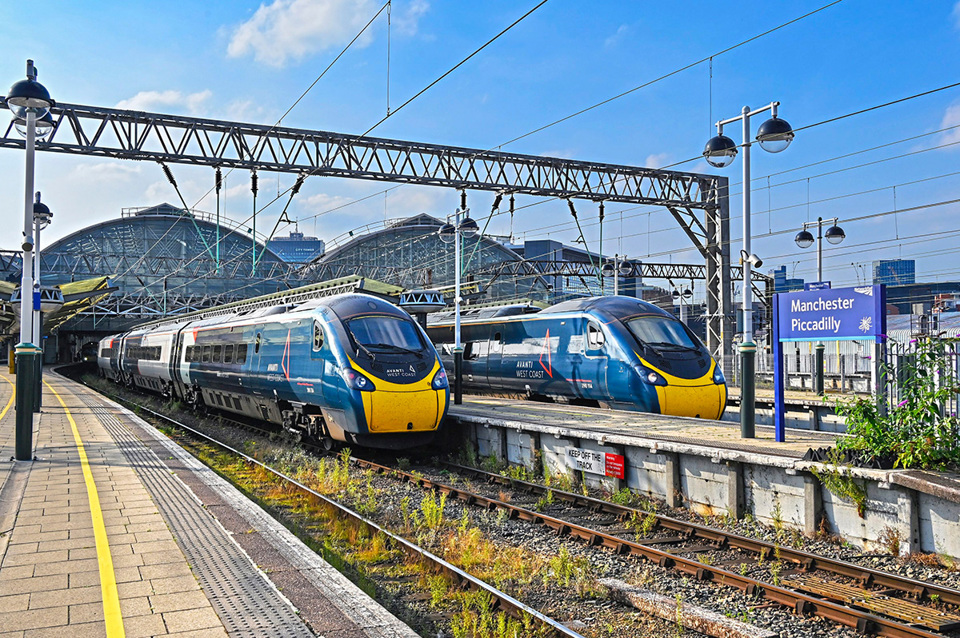


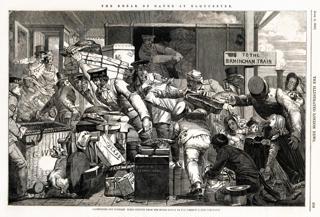
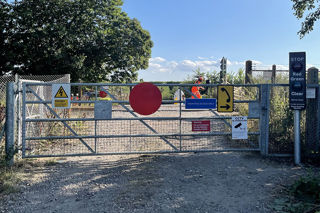
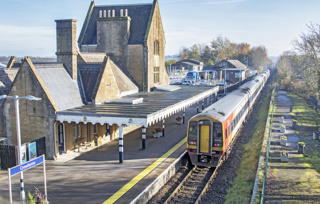
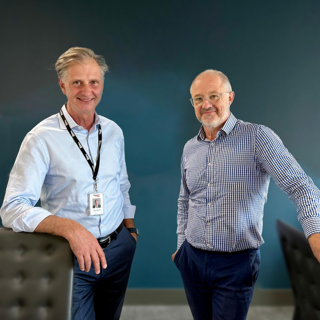











Login to comment
Comments
No comments have been made yet.